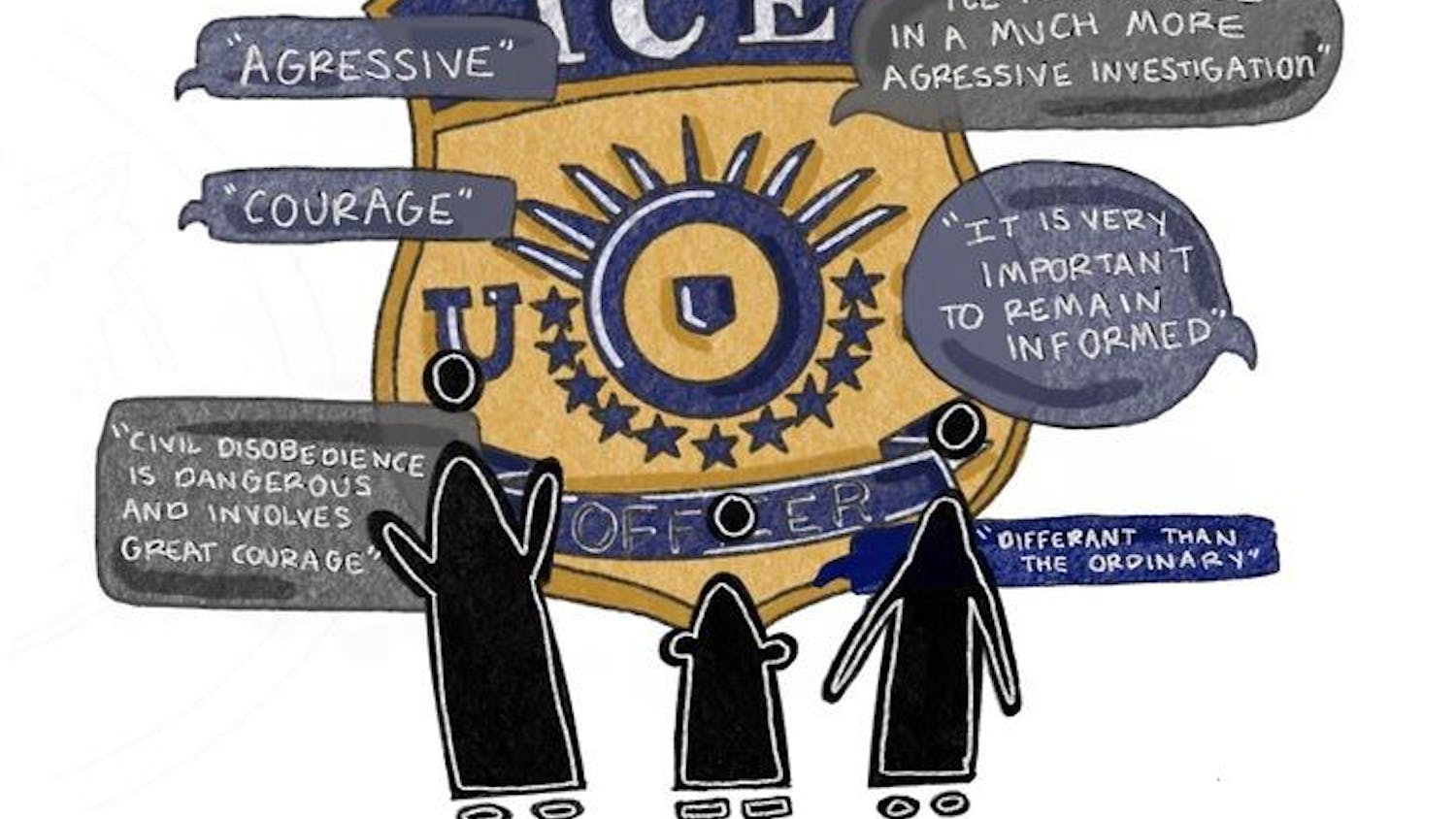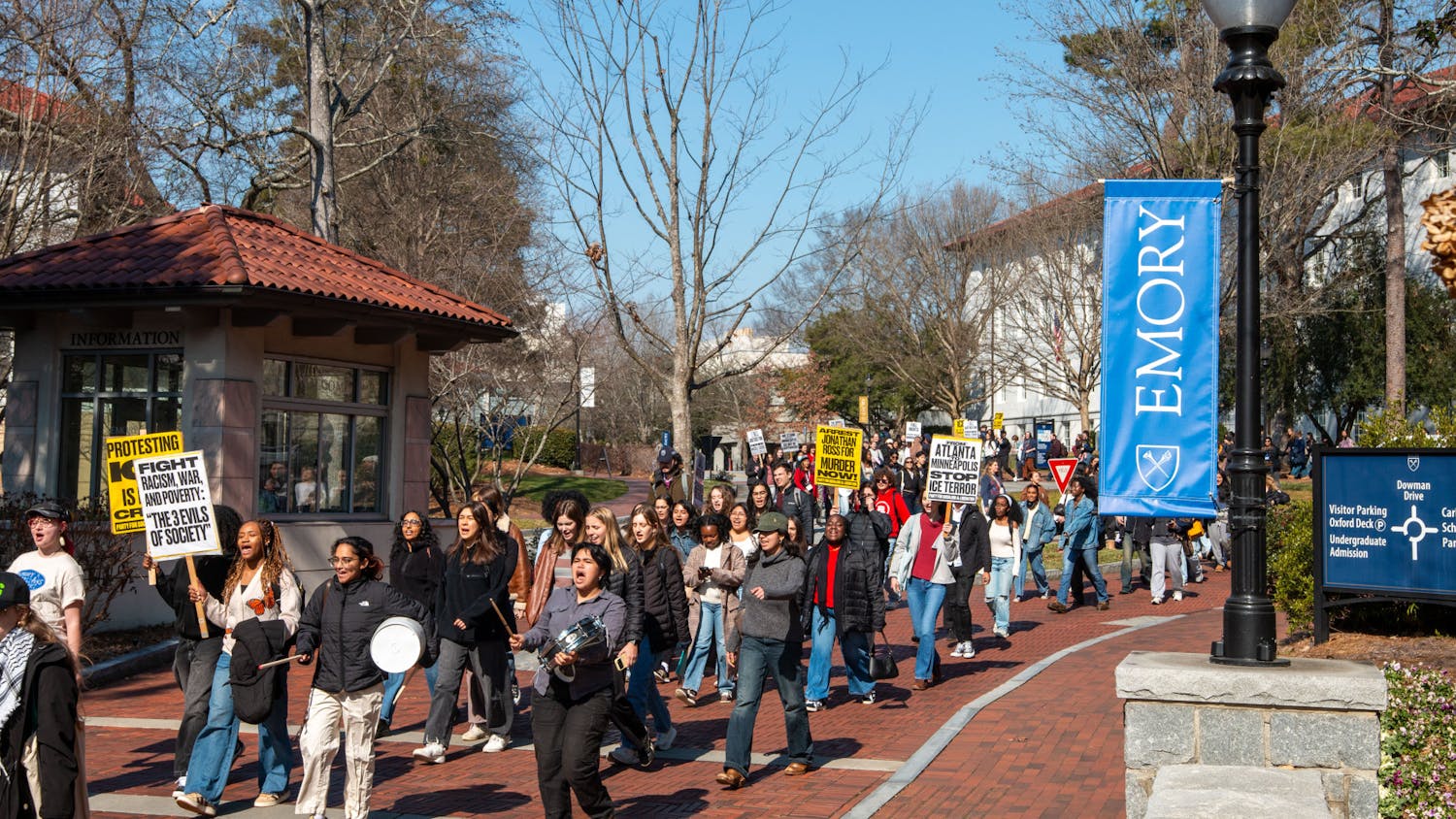Emory School of Medicine Dean Vikas Sukhatme, who is four months into his Emory career, told The Emory Wheel that he plans to incorporate different academic fields to address medical problems and discussed expanding the School of Medicine in an interview last month.
The dean, who said he believes that medicine is an opportunity to develop one’s talents while serving others, hopes to engage the School of Medicine in cross-disciplinary collaboration to foster innovative problem-solving.
“We can bring different faculty from different disciplines to tackle medical problems together,” Sukhatme said. “I want to encourage, to inspire and to enable everybody who is associated with the Emory community to reimagine the way we do medicine broadly, not only in the research mission, but also in the clinical care and the way we educate our students and trainees.”
Sukhatme succeeded David Stephens as dean of the medical school in November 2017 and was also appointed chief academic officer of Emory Healthcare, according to a September 2017, Woodruff Health Sciences Center (WHSC) press release.
Half of the $400 million donation that the Robert W. Woodruff Foundation pledged in January to Emory University will go toward a new Health Sciences Research Building that will benefit the School of Medicine, Sukhatme said.
“[The] $400 million gift will go to ... expanding our space, especially on the research side, and that will involve some new hires,” Sukhatme said. “On the clinical side, Emory Healthcare is expanding very rapidly.”
Sukhatme also hopes to bring the message and goals of GlobalCures, a nonprofit he and his wife founded, to the Emory community. The couple founded GlobalCures to develop ideas that lack funding but could solve scientific problems. The nonprofit specializes in finding drugs for cancer treatment.
“The single biggest focus is on repurposing of drugs,” Sukhatme said. “Are there drugs that are not approved for cancer that can be used for cancer treatment? [And then] identifying those opportunities based on data that already [exist] out there, then deciding if [the data] is strong enough to support a clinical trial.”
Sukhatme said that he wants to develop new programs in the School of Medicine after he further reviews the institution, though he did not provide more detail.
“The general criteria that will apply to those … [are] will they accelerate, will they speed the development of new ideas, will they have a big impact [and] do they bring people together?” Sukhatme said.
Sukhatme received his bachelor’s and doctorate degrees in physics at the Massachusetts Institute of Technology (MIT) and his medical degree in 1979 through the joint Harvard-MIT Program of Health Sciences and Technology. Sukhatme completed his internship, residency and the first year of his fellowship at Massachusetts General Hospital in nephrology, and he spent the remaining years of his fellowship program at Stanford University (Calif.).
Sukhatme held his first faculty position at the University of Chicago before he was appointed as head of the renal division and later as chief academic officer at the Beth Israel Deaconess Medical Center at Harvard Medical School (Mass.).
Read More
Trending







